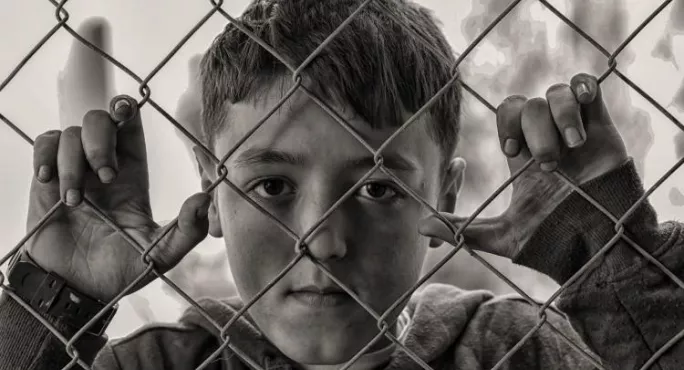Parental choice ‘discriminates against poor’
Share
Parental choice ‘discriminates against poor’
Parental choice “clearly discriminates against poor children", a former Department for Education official who oversaw academies in the East of England has warned.
Tim Coulson, who was a regional schools commissioner until last summer, is now chair of the Norwich Opportunity Area Partnership Board, which was set up by the DfE to improve social mobility.
Speaking at today’s Westminster Education Forum conference on the next steps for England’s school system, he said: “Parental choice clearly discriminates against poor children, doesn’t it?
“If we were serious about changing social mobility, we would force schools to take children they don’t want to take.
“Of course, at the moment that is probably too difficult for the school system to take, which is why I think politically it would be too difficult to grab that policy initiative.”
Dr Coulson, who is also chief executive of the Unity Schools Partnership – formerly known as the Samuel Ward Academy Trust – added: “If we were serious about changing it for poor children, we would not let schools choose children in the way that currently is possible.”
He was backed by Sir Kevan Collins, chief executive of the government-backed Education Endowment Foundation, who said he was “with Tim”.
Sir Kevan said that while the issue was “difficult”, it was “not beyond the wit of a nation”, and noted that other countries had addressed it.
Last year, former education secretary Justine Greening appointed Sir Kevan as the "evidence champion" for the government’s 12 Opportunity Areas, which were set up to improve the life chances of disadvantaged children in some of the worst social mobility cold spots.
This morning, he cited research published by the Sutton Trust about the behaviour of parents and schools regarding how pupil places are allocated.
Sir Kevan told the conference: “If we want to allocate pupils more evenly and fairly based on where they live, we should be about doing that, because I think it’s the only way we give all children the chance to thrive.”
He said that in early years education, it is important for disadvantaged children to be included within a mixed group of youngsters' backgrounds.
Sir Kevan added: “This is a crucial issue and I think we need to be serious about making sure we have got a more equal distribution of children.
“We have got some behaviour that we need to out and talk about, and I think it needs to come up on the table because the off-rolling and the way the people are choosing children, rather than parents choosing schools or exercising their preference, is a genuine issue and we need to be much more grown up and talk about it.”




